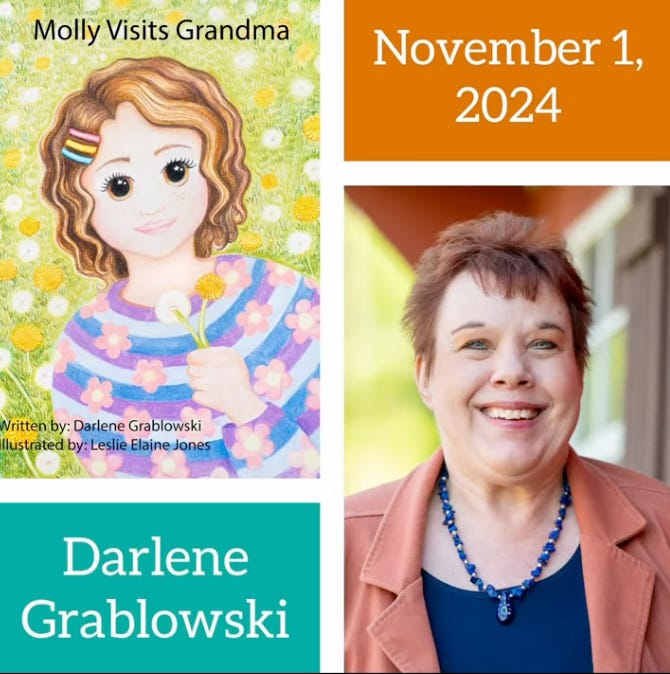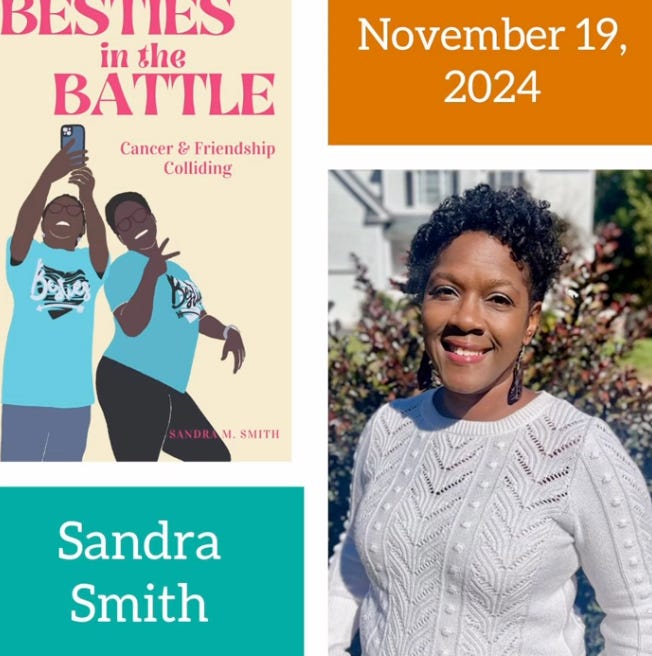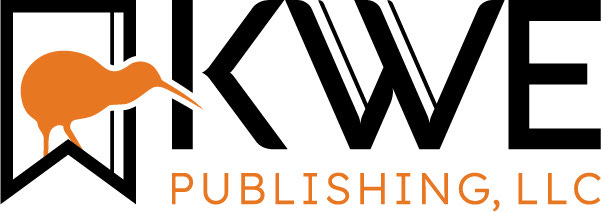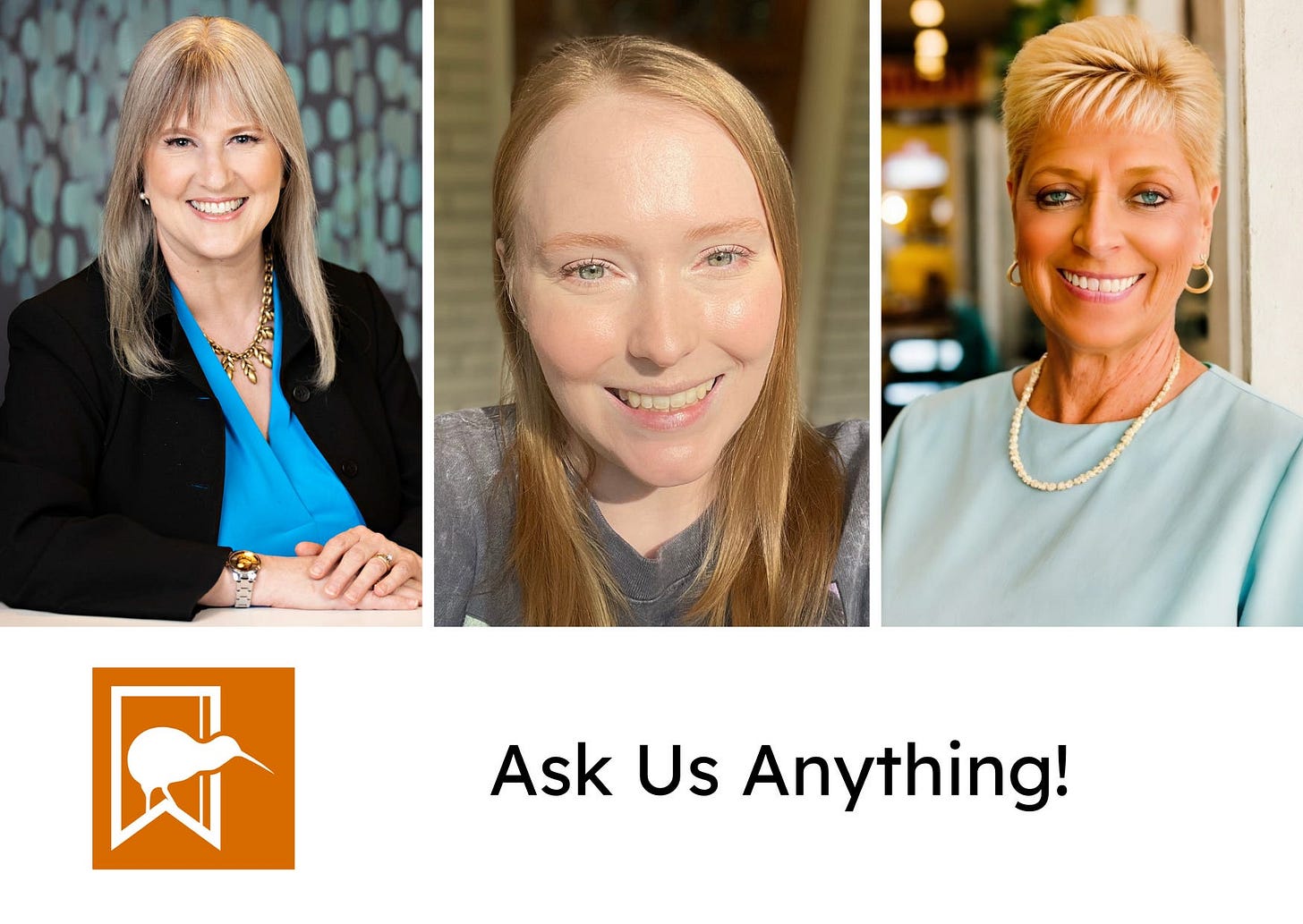Inspiration, Plagiarism, and References—What Are the Differences?
And why does it matter?

If you've ever read a book, watched a show, or heard a song that has inspired you to write, you might have wondered about the difference between being inspired by something and referencing something—and maybe even wondered where plagiarism comes into the mix.
Art of any kind can be inspiring, and there's nothing wrong with a piece of art inspiring you to write! References can also enrich your book, allowing you to create a world that feels real and full of life.
Obviously, plagiarism is something you want to avoid, but plagiarism is very different from being inspired by or referencing something.
Before we hop into the differences, you might be wondering, Why does it matter?
As an author, it's important to know the differences between inspiration, references, and plagiarism because you don't want to unnecessarily worry about plagiarism if you're actually just inspired by or referencing something, but you also don't want to unintentionally plagiarize or reference something incorrectly. It can be a pain to retroactively redo your references, and plagiarism can be a major issue legally. However, you also shouldn't limit yourself for fear of plagiarizing when what you're doing is creating a work inspired by something else.
Now that we've gotten into why it matters, let's talk about the differences between these concepts.
Inspiration occurs when you implement a certain style of writing, feeling, or idea and make it your own.
The idea of "making something your own" might sound a little vague, and that's because there are so many ways in which you can take something and put your own creative spin on it.
Let's say, for example, that I was inspired by Stephen King's writing style. Maybe I love the way he perfectly paces his stories and shares evocative imagery. I can then go on to write a story of my own, focusing on the pacing and writing detailed imagery. Or, maybe I like the setting and mood King creates by writing a story set in a creepy hotel. I decide to write a story set in a hotel as well. In these instances, I'm taking what inspires me and using it in my own story. The plot, characters, themes, and other elements of the story differ from King's work.
In this case, I wouldn't necessarily have to note that King inspired my writing, but I could mention it in the acknowledgments of my book.
When thinking about what it looks like to be inspired by someone else's work, I think of the quote "Good artists copy, great artists steal." Of course, literally stealing would fall under plagiarism, and I don't think Picasso was advocating for that. However, you "steal" techniques or styles—broad concepts rather than copying and pasting someone else's words. You aren't necessarily imitating someone else, but you're seeing the kind of work they create and bringing some of those elements into your own writing.
Speaking of stealing...
Plagiarism occurs when you take someone else's content (or a nearly identical copy of someone else's content) and claim it as your own.
This is more of a straightforward definition that many of us heard in school. When you plagiarize someone's work, you're not just being inspired—you're literally stealing someone else's intellectual property.
Interestingly, the topic of plagiarism has become more popular with the rise of AI. Many authors feel that their intellectual property has been used without their consent to "train" various AI programs. Last year, several authors sued OpenAI for using their material, though the outcome has yet to be seen in some of these cases.
For this reason—among many others—we never recommend that authors use generative AI programs to write their books for them. Sometimes, these programs make mistakes, and that might mean you end up unintentionally plagiarizing someone else's work.
Assuming you're not using an AI program to write for you, though, it's unlikely that you'll unintentionally plagiarize someone else's work. You can definitely include outside material in your work, however, by referencing their work.
Referencing something occurs when you're citing an existing piece of work, item, or concept.
Referencing something can be done in different contexts—saying you drive a Ford pickup is technically a reference to Ford, or you could reference a specific author, such as Shakespeare, who wrote, "Love is merely a madness." In either case, references can add a lot to your work, and while not every piece of writing needs references, they're a great way to make your writing more dimensional.
In either instance, you'd want to include the references in a bibliography at the end of your book. At KWE, we use the Chicago Manual of Style when creating bibliographies, and we'd follow that style guide when citing the Shakespeare quote. If we were referencing Ford, we would say, "Ford is a trademark of Ford Motor Company." While the latter isn't technically required since mentioning a brand or company falls under fair use, we do so as a precaution.
An important note to remember when citing a real-life brand, company, or item—make sure you're not using it in a defamatory way. You don't want your writing to be perceived as libelous. If you're curious to find out more about the topic, you can read about it here.
Knowing how to differentiate between inspiration, plagiarism, and references can make writing easier, and when you know how to seek out inspiration and use references, you might find yourself enjoying writing more and more.
What are your favorite ways to get inspired to write, and what are your favorite books, songs, or films that inspire you? Sound off in the comments!
If you are writing a book and want a hand, let us know! Our team—Kim, Emily, and Jean—would love to help you with creating your book. If you'd like to talk about your idea or want advice, we are here for you. Even if we don't work together, I'm happy to share what I know. Book a 30-minute complimentary consultation by clicking here:
https://www.kwepub.com/consultation
We look forward to hearing about your incredible book project.
Write on!
Kim Eley
KWE Publishing
“Creativity is a habit, and the best creativity is the result of good work habits.”
–Twyla Tharp
Check Out KWE Publishing’s 2024 Authors!




To remember an amazing year, we created a short video celebrating all of the amazing authors whose books were published in 2024!
You can check out the video here or by clicking the button below! Congratulations to all our awesome authors who published their books last year! We’re so grateful to be a part of your author journey!
Coming January 2025—Ask Us Anything!
Have you ever had unique or detailed questions about the publishing process but haven’t found answers? We’re here to help! This January, the KWE Publishing team is going to have an Ask Us Anything post on our paid newsletter, Behind the Publisher’s Pen, but you don’t have to be a paid subscriber to ask questions! This means you can ask me (Kim Eley), Editor and Book Coach Emily Deaton, and VIP Marketing Concierge Jean Sime anything related to publishing, editing, writing, and marketing! Don’t be afraid to get specific with your questions; just make sure the questions you ask are ones you’d be okay with us answering on Substack. We’re happy to get in-depth with our answers, and if we don’t know the answer to a question, we’ll point you in the right direction and provide you with some resources.
How can you ask questions?
You can ask a question in the comment section of Substack, message KWE Publishing, or send us a question via email at kwe@kwepub.com!
If you’d like your question to remain anonymous, let us know, and we’ll post your question without your name.
We look forward to hearing from you and can’t wait to answer your questions!
Resources:
Here at KWE Publishing, we want to share a few of our favorite resources with our newsletter readers. Check back weekly to see what resources we recommend!
I love hearing how other authors, publishers, literary agents, editors, and marketers work and what advice they have to share. However, there’s an endless array of podcasts available, and with so many hours in the day, you have to pick and choose your favorites! Recently, I’ve found Estelle Erasmus’ podcast, Freelance Writing Direct.
Freelance Writing Direct is a fantastic podcast that focuses on “storytelling, building media credentials, origin stories for books, actionable writing tips, advice from agents, perspectives from publishers and more.” Hosted and produced by author and journalist
, Estelle interviews pros from across the publishing industry, so whether you want to learn more about the craft of writing, how to pitch a story, or how to make writing your career, you’re sure to find something that sparks your interest! You can check out Freelance Writing Direct on Spotify, iTunes, or YouTube.





